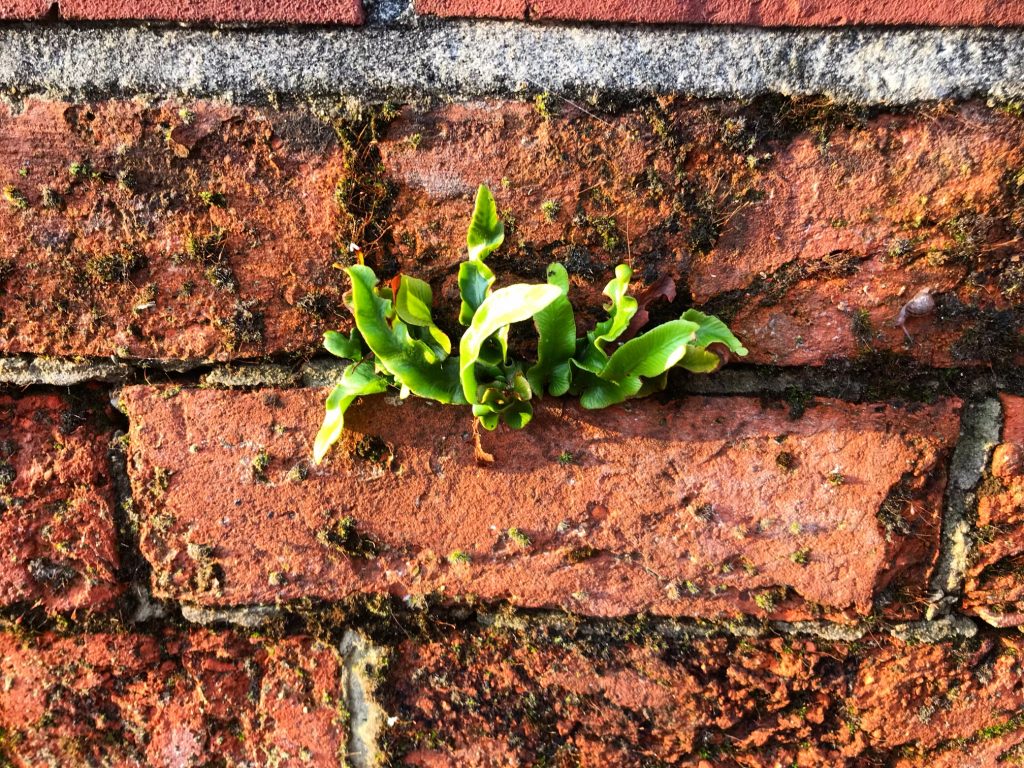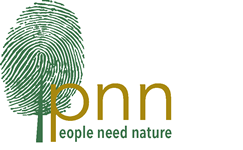
Our lives, whether in the city or the country, are inextricably linked to nature. This is the nature poetry that I am interested in. One that does not disregard the human element or involvement. I want poems that are able to appreciate nature in different, interesting ways. Tell me about the park that sits alongside the shopping centre. Or the spider that finds its way onto the ceiling of your room. What is your relationship to it? How does the rain fall onto the cars parked outside your house? When the sun shines through your window what does it land on? How does nature make its way into your life? How do you make your way into its life?
– Gboyega Odubanjo, poet and judge of the People Need Nature challenge on Young Poets Network
ypn.poetrysociety.org.uk/workshop/people-need-nature-gboyega-odubanjo
This year, People Need Nature partnered with The Poetry Society’s global Young Poets Network partnered for the third time. We asked poet Gboyega Odubanjo to set a challenge to writers aged 25 and younger worldwide: write nature poetry that is situated in the human world.
2020 has revealed how much people really do need nature. Confined to smaller squares of living space, so many of us have needed the solace of the outdoors like never before.
Research has shown that access to green or open space is linked to wellbeing, and yet nearly 2.7 million people in the UK don’t live near such areas (Fields in Trust). What’s more, one in eight British households has no access to a private or shared garden (ONS).
With exams cancelled, altered family dynamics and ongoing uncertainty about both the distant future and the day-to-day, 80% of young people have reported experiencing poorer mental health because of the pandemic (Young Minds). Having a local park to breathe fresh air during lockdown, for some, has been essential.
Within the context of the pandemic, Gboyega Odubanjo challenged young people consider their relationship with nature, and whether it has changed this year. He asked young people not to imagine far-off pristine landscapes, but to ground their poems in their own experiences. They were asked to look at the pockets of nature they do have around them – to find something interesting in the pot plant, the pigeon nest, the tree on their road.
Gboyega’s call struck a chord: this has proved to be the most popular Young Poets Network challenge with People Need Nature yet. Young people responded in their hundreds from across the globe with tales of parks, mice, peeling potatoes, the sky, the weather, the sea. Writing and thinking about nature has been vital for some of these young poets, and their poems are vital to us as readers. They reflect young people’s experiences of lockdown and nature. Commended poet Jack Cooper writes of his poem ‘Mould’: “This challenge genuinely pushed me to write about something I’d never have written otherwise. I’ve never had much interest in the countryside or wildlife, but I realised a few weeks into lockdown that I’d been taking the nature around me for granted. Isolated in my student room for much of spring and summer, I was grateful for what little I could see: the saplings in my accommodation’s courtyard, the woad filling Coventry council flowerbeds (the plant responsible for the city’s famous 12th century blue cloth), and even mould. Poetry thrives in precision and perseverance, it grows from places you never expected. What better subject for a poem than the meticulously arranged, seemingly immortal mould in my en-suite?”
Commended poet William Snelling found that the contrast of nature and the human made him feel part of a bigger picture. He writes about his poem ‘In Praise of Desolation’: “This poem came from walking down to a river near where I live in Bristol one evening. It is quite a muddy river, surrounded by abandoned, graffitied buildings; hardly sublime or poetic, but something about that ‘depressing’ environment was also uplifting, because I felt like a lone explorer in that moment, even with other people dotted about. The abandoned buildings and the flowing river also seemed to suggest some bigger picture beyond myself.”
Among the winners are poems that connect Melbourne to Edinburgh, that delight in watching animals, that parallel rabbits with miners. We have football fields, counting steps and mould in student houses. The winning poems teach us how to see a squirrel as a ‘beautiful peanut pirate’, verbalises that puppyish euphoria of feeling the wind ‘[bound] past me / like a dog’, remind us that ‘[our] sadness is small amongst the river’s slithering mood’, to ‘thank god I’m alive’.
Gboyega Odubanjo (judge) writes: “My horizons, with regards to my relationship with nature, were broadened throughout lockdown and they have been broadened further thanks to the poems I have read. With this challenge I had hoped to be able to see nature through the eyes of others and, as much as I can, I believe I have. From the intimate and rueful image of weeping “for the arctic in [a] hotel” to the simple, playful freedom of a squirrel – “the highwayman of the highstreet – scuttling through man-made streets without a man in sight. I am fascinated with the ever-thinning line that we draw between ourselves and nature. As we all know the ways in which we approach nature are often devastating – as when “we [build] mines where we shouldn’t” – but hope can be found in our continued learning, and in the world around us which hopefully we continue to learn from. Thank you kindly to all who submitted; I hope that these poems have done you as much good as they have done me.”
Competition winner April Egan said: “I grew up in Australia. In January, I saw it consumed by fire while I was cold and stagnant on the Jurassic Coast. Fires were something we were used to, and they were almost never serious enough to make international news- and now it was all anybody spoke about. Gippsland, Bendigo, Mornington, the places I hadn’t mentioned by name for years and kept like special secrets to myself were now being discussed by my classmates. It was like a funeral for a person they’d only half-known and one I’d loved entirely. I don’t tend to write about nature , but as I did, I felt both more sure in my national identity as an Australian and more connected to my experience of life. It is a love poem foremost, for the undefinable magic of Australia, its mystery and majesty, beyond dangerous fauna and endless heat, but also a poem of dread, of grief, and the precarious ether all balance on as summer approaches once more.”
April’s poem is here
Finn Farnsworth (2nd prize) writes about their winning poem ‘Squirrel’: “I am really happy but can’t believe it. I wrote the poem because I’m in a creative Writing Club at my school. Ms Kibbler sets us challenges every week to get us writing. We can do it if we want and sometimes it’s fun, otherwise we can leave it. I like playing with words and using a thesaurus and I like playing with sounds – not rhymes so much, but repeating sounds and the way it makes rhythms. I’ve been watching squirrels in the garden since the start of Autumn. I love animals and they are very entertaining. I thought about squirrels when I saw Ms Kibbler put up the competition about Nature in our writing club for us to have a go at.”
Finn’s poem is here
Amy Wolstenholme (3rd prize winner) writes about her winning poem ‘[Rabbit]’: “Growing up in the middle of nowhere in Dorset gave me a deep appreciation of nature, and many of my poems are inspired by the beauty and history of my home county. The inspiration for this particular poem came from Portland, where there is an amusing and moving old superstition around the word “rabbit”. Being able to bring a little bit of local colour to a wider audience is amazing, which is why I was delighted that my poem was chosen for publication in the People Need Nature challenge.”
Amy’s poem is here
Grace Q. Song (commended) writes about her poem ‘Transformation’: “I’m honored and thrilled that my poem was commended in the People Need Nature challenge. My experience writing this poem, as with other poems I write, was very difficult, especially because I don’t normally write nature poems. I sat at my desk and looked out the window for the longest time, noticing how everything had changed since I last studied the world so intensely many months ago. This challenge definitely pushed me out of my comfort zone, and I’m grateful for this opportunity.”
chenrui (commended) writes about their poem, “I think Covid has revealed a lot about what drives the human being and, given the crowded parks and sold out reservoir tickets, nature has not lost her grip. We have a lot to learn from Nature. We need it more than we think.”
All the commended poems can be found here
